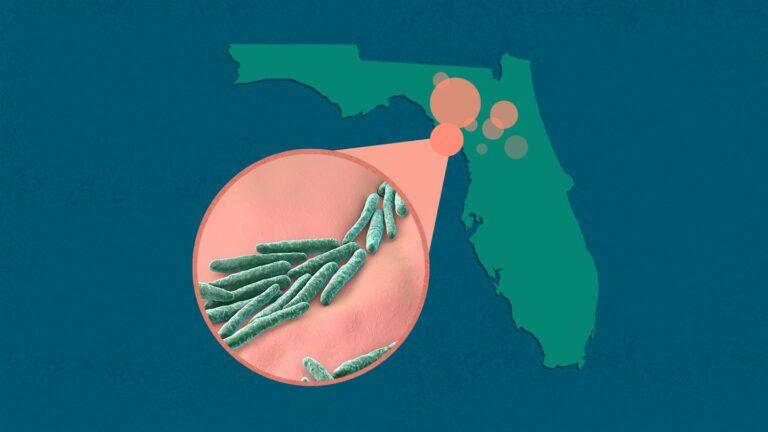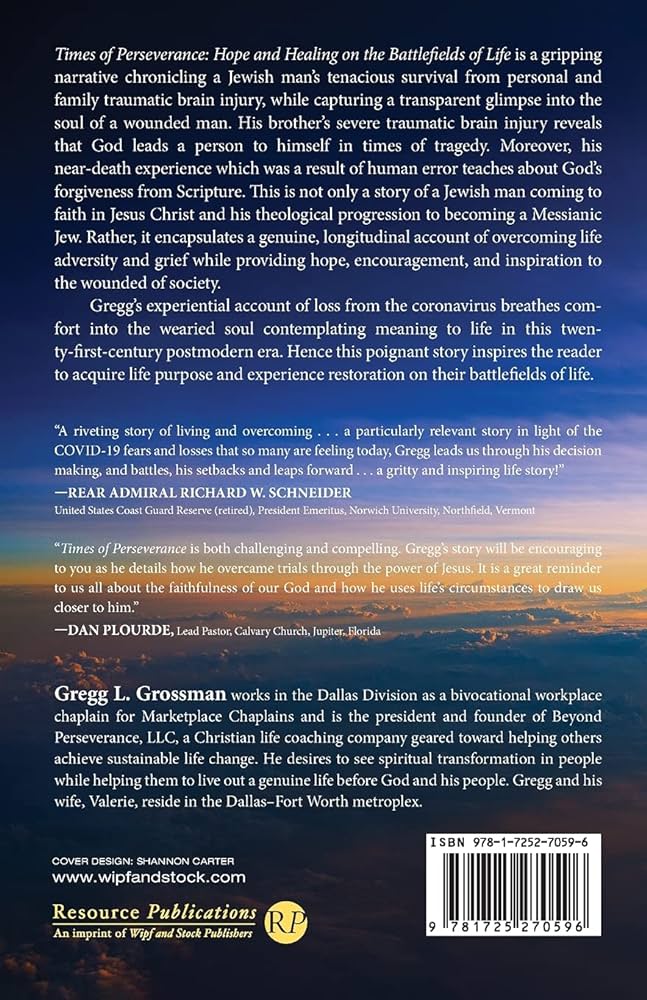Another simple solution to complex health problems is the use of medical hydrogen. Hydrogen is the most abundant element in the universe, accounting for 90 percent of all matter. It is also the most abundant element in our body, part of water coupled with oxygen. Hydrogen biology is a relatively new science in medicine. It is a potent antioxidant, with roles in scavenging free radicals, strengthening immunity, protecting mitochondria, fighting inflammation, protecting against neurological damage from traumatic brain injuries, reducing side effects of radiation and chemotherapy, and controlling cancer.
You can deliver hydrogen by drinking hydrogenated water or inhaling hydrogen mixed with oxygen. I was aware of people drinking hydrogenated water, but had great skepticism. I had tried drinking hydrogen water with no benefits and did not recommend it to my patients. Most likely, the concentration of hydrogen was too low to notice any difference. Recently I found researchers are using a hydrogen generator for inhalation at high volume and concentration, mixing hydrogen and oxygen in 2:1 ratio for many chronic medical conditions. What does the literature say?
In 1969, Michael D. Levitt, MD published, “Production and Excretion of Hydrogen Gas in Man,” in the New England Journal of Medicine, on hydrogen production by the intestinal microbiome. He found that the colon produced an average of 0.24 ml per minute in a fasting state, which increased up to 30 times after eating. In 1975, Malcolm Dole et al. published, “Hyperbaric hydrogen therapy: a possible treatment for cancer,” in the prestigious journal, Science. Gharib et al. published research on hydrogen’s anti-inflammatory property on parasite-induced liver inflammation in Life Sciences (2001). In 2007, Japanese researcher Shigeo Ohta first discovered a low concentration (2%) of positive-pressure hydrogen scavenged reactive oxygen species and exerted antioxidant and anti-inflammatory effects. In 2023, Noor et al. published, “A Systematic Review of Molecular Hydrogen Therapy in Cancer Management.”
From the Molecular Hydrogen Institute: What is Molecular Hydrogen?
Although the research is early, the 2000+ scientific studies including over 100 clinical studies suggest that H2 has therapeutic potential in over 170 different human and animal disease models, and in essentially every organ of the human body.
Drinking molecular hydrogen water may have limitations due to the low concentration of hydrogen in my experience, but one may increase efficiency by mixing molecular hydrogen into a coffee enema and use for liver detoxification. Molecular hydrogen concentrates highest in the liver than any organ tissue. Inhalation of mixed concentrations of molecular hydrogen produced by a hydrogen generator has been the latest medical breakthrough, and most of the research on molecular hydrogen was done using inhalation by hydrogen generator. There are many models are available for home use in the market. Be aware of hype and unrealistic expectations. The Molecular Hydrogen Institute run by Tyler W. LeBaron, MSc, PhD provides ample research papers and training on how to use molecular hydrogen.
These highlights are from an unpublished resource, Hydrogen Cancer Control, Theory and Practice, by Xu Kecheng:
In summary, in searching for a simple solution to complex, weird, chronic medical conditions, we cannot ignore the simple fact that what I observed 40 years ago in medical lab animals. Medical grade laboratory rats or mice don’t have dental problems, parasite infections, or exposure to environmental toxins. Some of these animals inhale hydrogen gas and recover from cancer. If we can reverse engineer sick patients to human laboratory rat as a metaphor by correcting dental infection, eliminating parasite/fungal infections and environmental toxins, and giving them molecular hydrogen, we may discover the truth of what molecular hydrogen can do for you. It is like a micro–Molecular Hydrogen Gas Bomb blowing up our current medical system. It can be terrifying or liberating. Bypassing the medical system and doing it at home. Is it possible?
This content was originally published here.




















